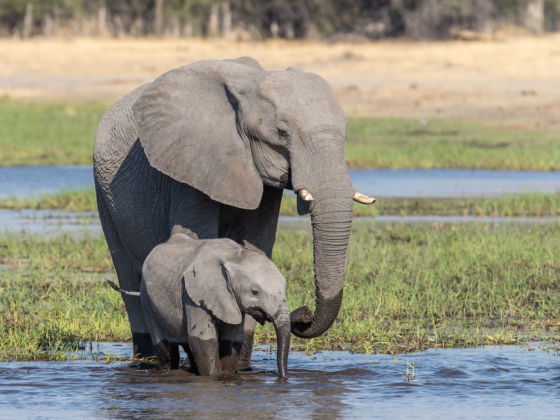While most countries are imposing stricter rules on animal hunting, designed to promote the survival of endangered and at-risk species, Botswana seems to be taking a step in the opposite direction. After five years of banning elephant hunting, the government of Botswana is changing course and deciding to allow the practice, according to a statement issued on May 22.


A third of Africa’s savanna elephants reside in Botswana — about 130,000 in total — and Botswana’s elephants seem to have escaped the recent ivory poaching epidemic. Across Africa, elephant population numbers declined by 30 percent between 2007 and 2014, though Botswana was less affected than other countries, potentially explaining the ban’s reversal.
In June 2018, Botswana’s government formed a special committee to investigate the situation and determine whether the trophy hunting ban that was implemented in 2014 should be lifted. Perhaps surprisingly, the committee found that “there is a negative impact of the hunting suspension on livelihoods, particularly for community-based organizations” that previously benefited from the hunting trade. The decision was also based on the fact that elephants can often prove harmful to agriculture, even destroying a whole season’s worth of crops in a single night.
Mike Chase, director of Elephants without Borders, voiced his disagreement with the reversal to National Geographic. “We can have a sustainable quota, which will have a negligible impact on the population. But you have to weigh that up and consider the international backlash…and how that may undermine our economy, our jobs, and our reputation for being at the forefront of conservation.”
He did, however, empathize with the communities suffering from destructive elephants, admitting, “When you’ve tried all kinds of alternatives…and they’re still dangerous, the animal has to be destroyed.”
H/T: National Geographic